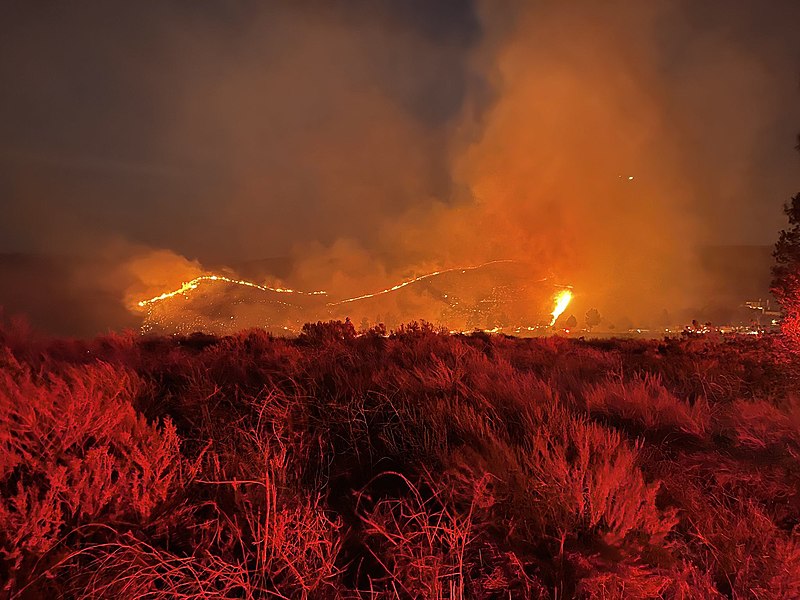
A new report highlights net zero progress made at a subnational level in the US and highlights the need for robust federal action
The history of the United States is rooted in the conviction that we are stronger than the sum of our parts.
Stephen Lezak
More than half of Americans [53%] live in a jurisdiction with a net zero target, according to new research which says subnational commitments represent an opportunity for the Biden-Harris Administration and Congress to increase federal action on climate change.
The research is co-authored by Gates Cambridge Scholar Stephen Lezak, who is currently Programme Manager on the Oxford Programme on Sustainable Industry at the Smith School of Enterprise & the Environment alongside his PhD in Polar Studies at the University of Cambridge.
The report, a collaboration between researchers at the University of Oxford and University of California, Berkeley, details the extent of city and state commitments on net zero and calls for action to turn what it calls a “strong but fragmented base of support for climate action” into reality.
It says US-based companies with over $5 trillion in annual sales have also committed to net zero emissions by mid-century.
However, it states that after four years of federal inaction on climate change, subnational actors have been left with a patchwork of goals that, while encouraging, lack robustness and accountability.
The report highlights some of the issues at play, including fundamental ones, such as whether the city of Los Angeles should account for electricity from a powerplant in Nevada that burns gas from Wyoming. Others are more nuanced but equally critical, such as which role offsets should play in decarbonisation pathways or how to address key issues of equity and ensuring a just energy transition.
The researchers emphasise the role of the federal government in empowering improved US climate federalism. Federal coordination can align standards, ensure accurate counting of emissions, and spur other cities, states and companies to adopt their own targets, say the researchers. City, state and business goals would complement a national climate strategy, widely expected to be announced by the Biden Administration in late April.
The researchers highlight three specific policies to bolster the US’ pathway to net zero emissions:
1. The establishment of a national, robust and legally-binding net zero target that emphasises comprehensiveness, equity and clarity on the role of offsets. They say this target must include an interim goal, such as committing to 50% emissions reductions by 2030.
2. Ensuring that federal financing programmes, including for infrastructure and economic recovery spending, are aligned with net zero goals. This should include reforming financial bailouts to require that recipients have a net zero target, says the report.
3. The creation of a portfolio of frameworks for cities, states and companies to assist target setting and monitoring to encourage comparability and standardised reporting. This, they say, would help catalyse US climate federalism in this decisive decade.
Stephen Lezak [2019] said: “The history of the United States is rooted in the conviction that we are stronger than the sum of our parts. From a climate perspective, we have already accomplished a great deal without central coordination. Now it’s time to see what we can achieve together.”
*Picture credit: Ventura County Fire Department Public Information Officer – VCFD PIO Twitter (@VCFD_PIO), Public Domain, https://commons.wikimedia.org/w/index.php?curid=98875030












